From scrapbooks to ticket stubs, how Northeastern is preserving the records of Boston community organizations
Northeastern University’s library archives is home to collections from community activists and organizations. The staff is now working to sort through more of these collections and highlight great finds.
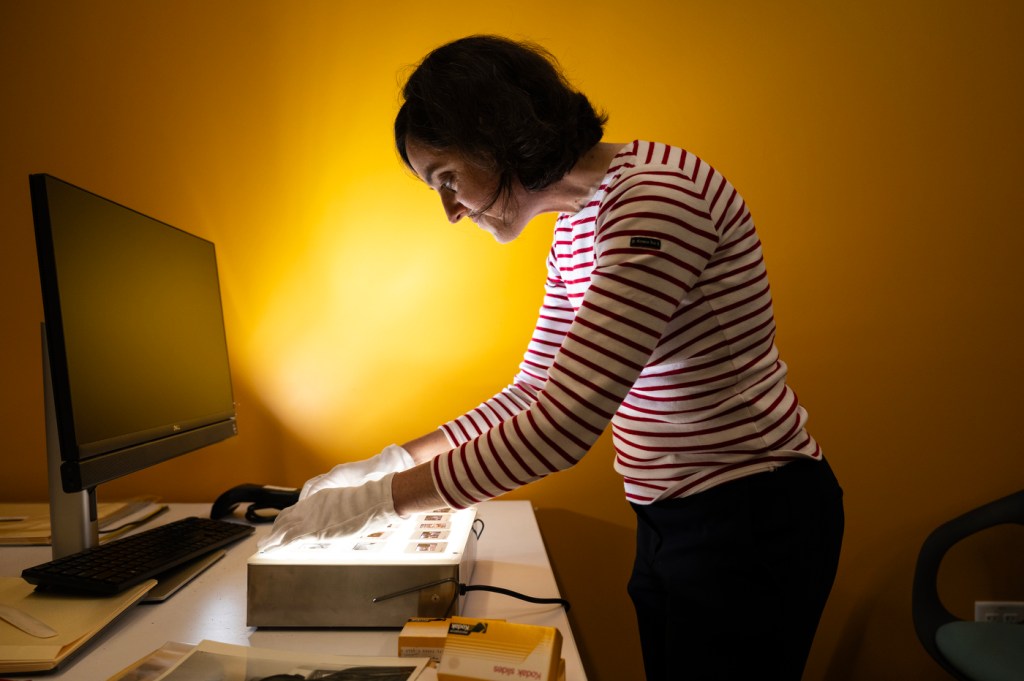
A personal library with pulp fiction novels and sociology books. A scrapbook with photos and a velvet baseball cap wedged between the pages. A map of a beloved summer camp that doubles as a puzzle.
These are the sort of artifacts from a life that one might keep tucked away in an attic or basement. But these types of materials from noted Bostonian groups and people have found a new home in Northeastern University’s archives.
And more and more of these materials are coming to light as the archives and special collections staff inventory boxes of records given to Northeastern that were previously unprocessed.
Northeastern’s Archives and Special Collections is unique in that it houses materials not only from the university’s history, but from those of significant community organizations. This, according to reference and outreach archivist Molly Brown, is thanks to Northeastern’s first archivist, Joan Krizack, who met with these groups specifically to cultivate archival materials not housed elsewhere.
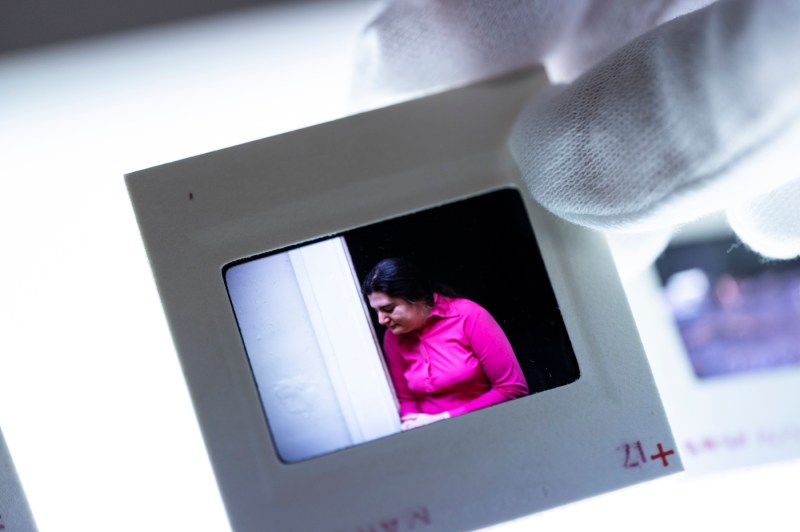
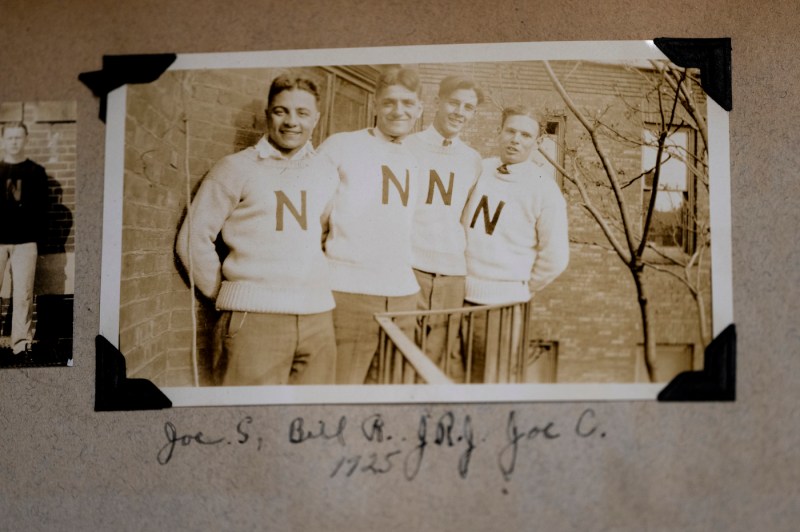
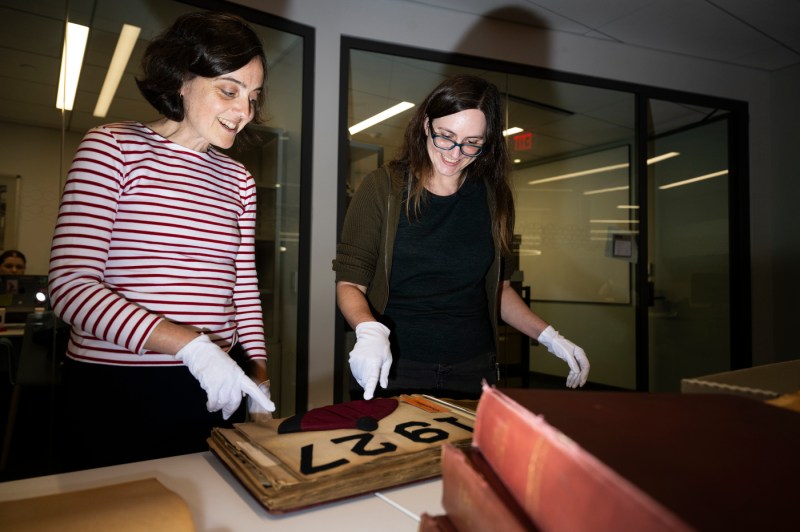
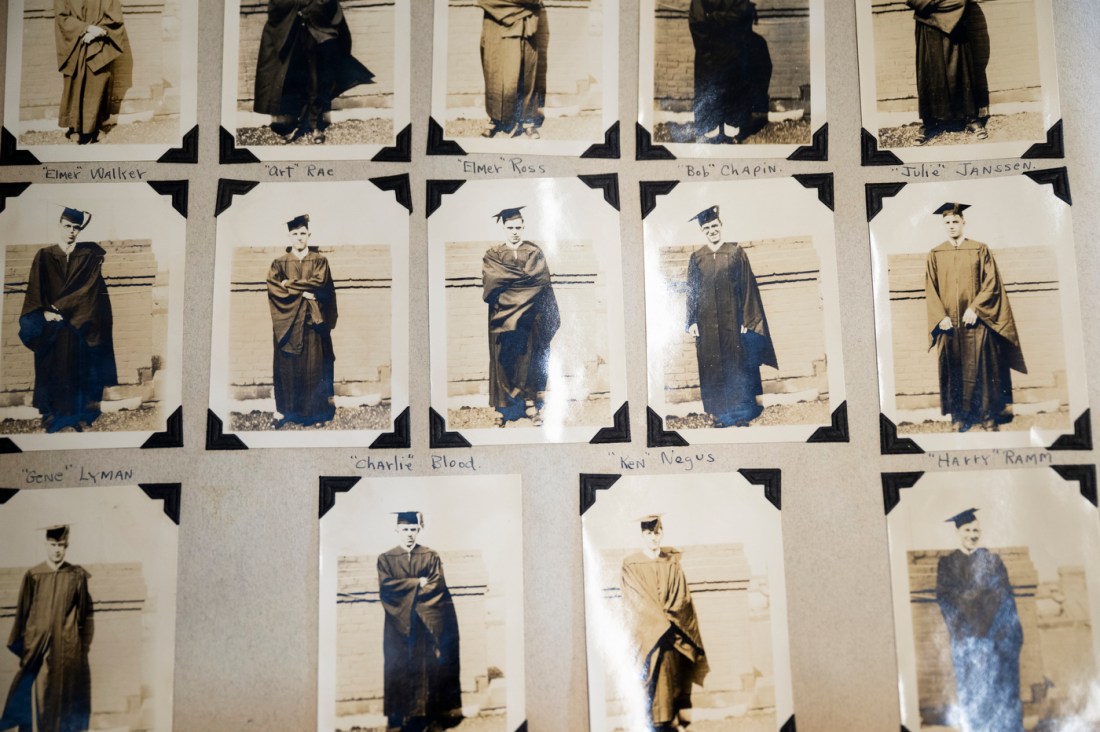
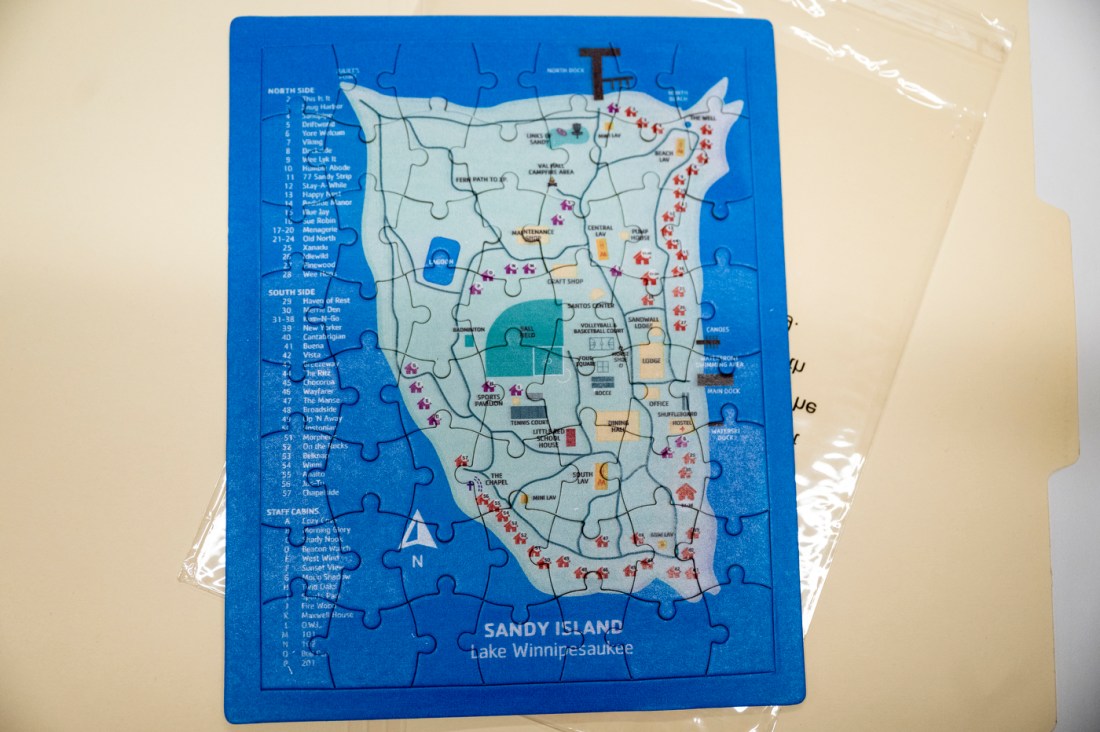
Housing these archives has multiple benefits: Northeastern not only provides the physical space for storage, but also the expertise of its staff who will go through the materials and archive them properly.
“There is a great importance with where Northeastern is situated, in terms of the neighborhoods it abuts,” Brown said. “The university is uniquely positioned to have resources for them and to have some level of continuity, we need to promise. With nonprofits, it is hard to steward a lot of labor. … It is important for us to provide this historic labor so that other organizations can do the work that is contemporary.”
Northeastern houses the archives of community organizations such as the Freedom House and the Boston Gay Men’s Chorus, which regularly deposits its posters, recordings, programs, tickets and newspaper clippings from its shows and events. It also houses some of the archives of the Boston Globe.
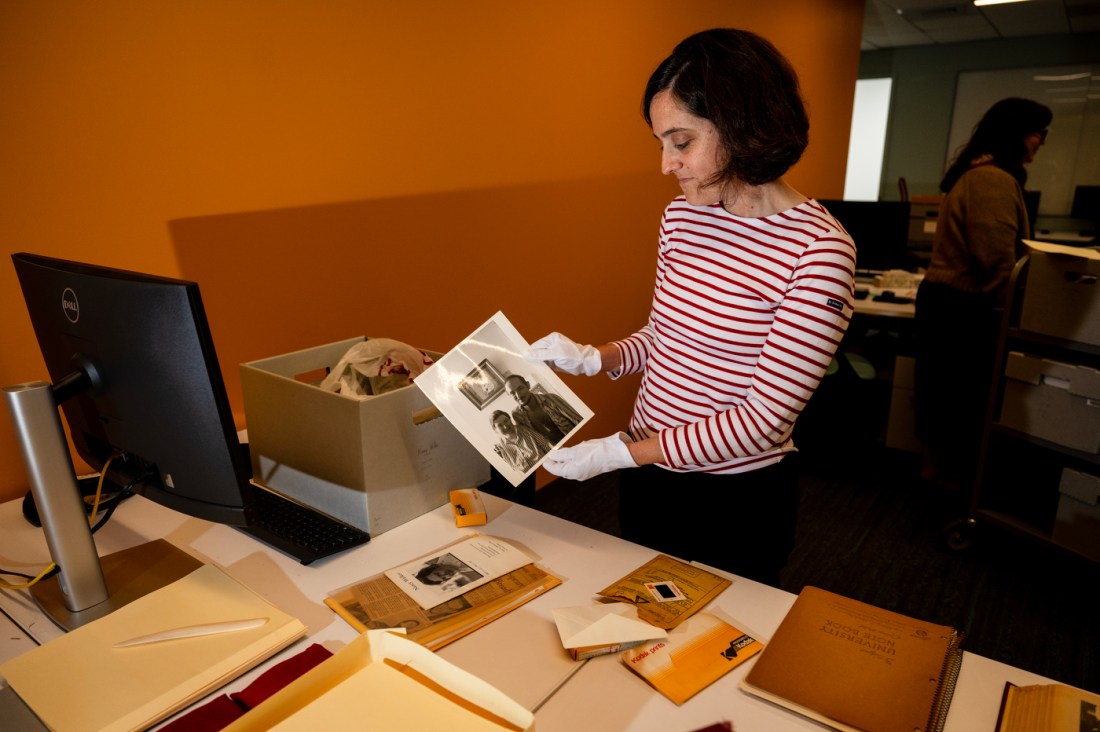
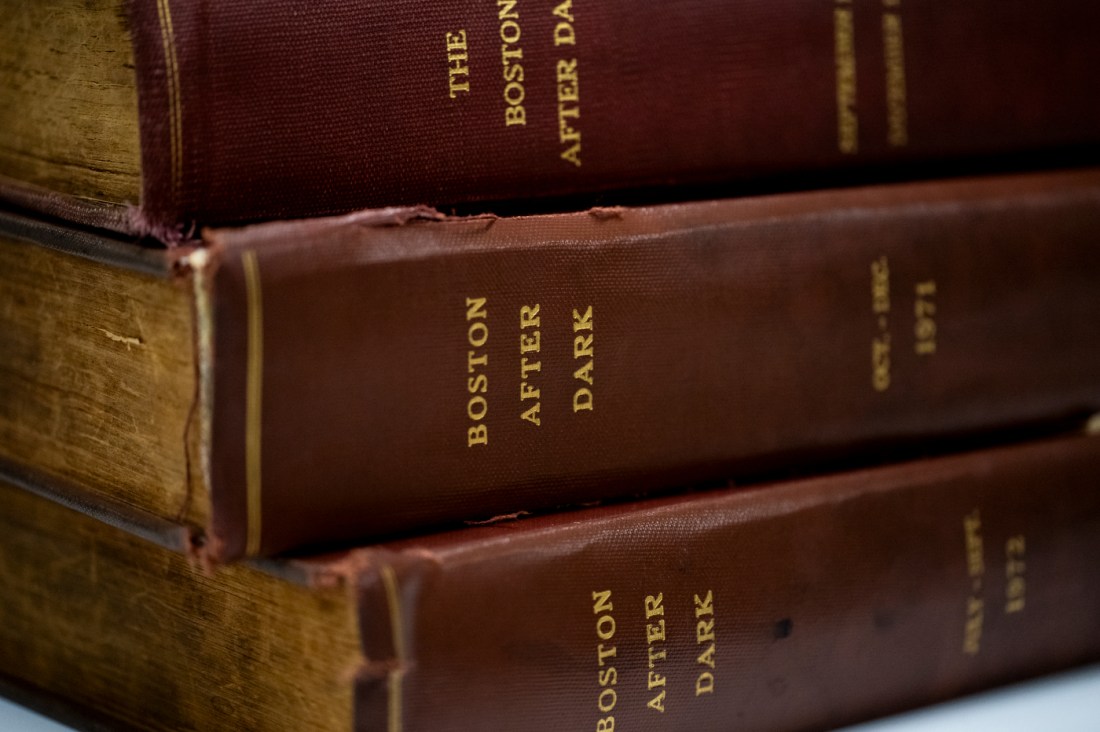
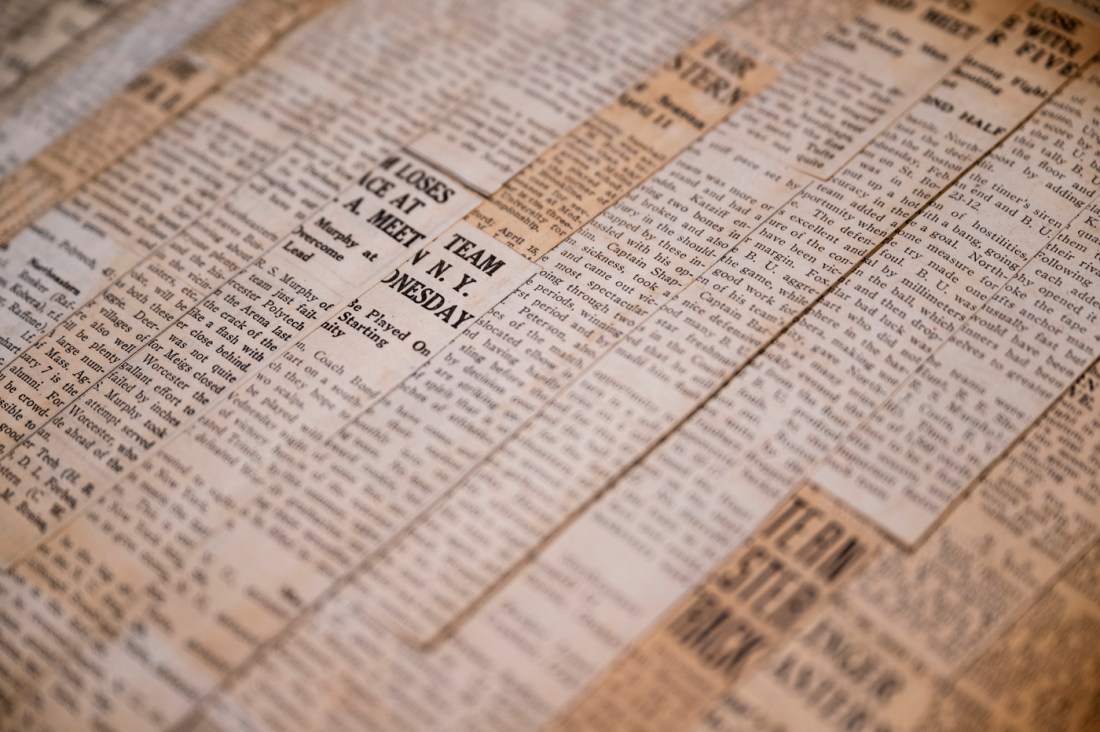
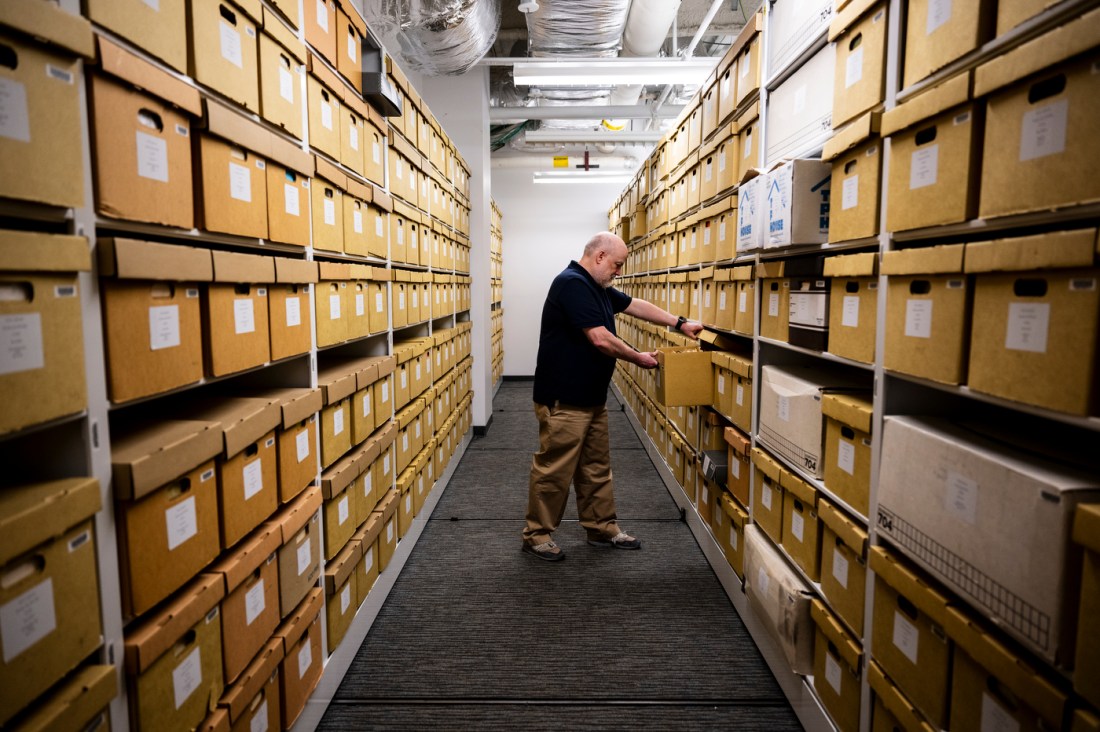
Over time, the archive has collected more records that need to be sorted. Last fall, the processing team began reviewing unprocessed collections, sorting through donated materials, selecting ones of interest, and inventorying them so library users can use them as needed.
Editor’s Picks
Irene Gates, processing archivist, has been leading the charge in this endeavor since joining Northeastern over a year ago. The first collection the team tackled was 400 boxes of records from Stull and Lee, a Boston-based architecture firm that designed structures such as the Massachusetts Bay Transportation Authority’s Orange Line stations.
Processing a collection is not quick work. Northeastern’s archives and special collections stewardship manager Daniel Lavoie said that the library receives new collection materials each year ranging in number from the hundreds to the thousands.
“This creates a backlog,” Lavoie said. “These are collections that are not immediately accessible, so we have to find a way to make them accessible. … We have a large part time contingent that helps work with the inventory, so that now Irene is on board, she’s able to help supervise day to day with the inventory. And we have instructions and manuals on how to go through the boxes and inventory. The students have been doing a great job of really going through the boxes quickly.”
A full processing involves archival appraisal (deciding which items are historically relevant), preserving the items, arranging the records and providing notes and descriptions for each piece of material, Lavoie said. Processing one box of material can take eight to 10 hours. All of the materials are tracked via spreadsheets.
“You’re basically going through and making decisions on whether it’s something that’s historically relevant,” Lavoie added. “Sometimes there are things that we just don’t believe as historically valuable, or things we don’t take just because we don’t have the ability to store them.”
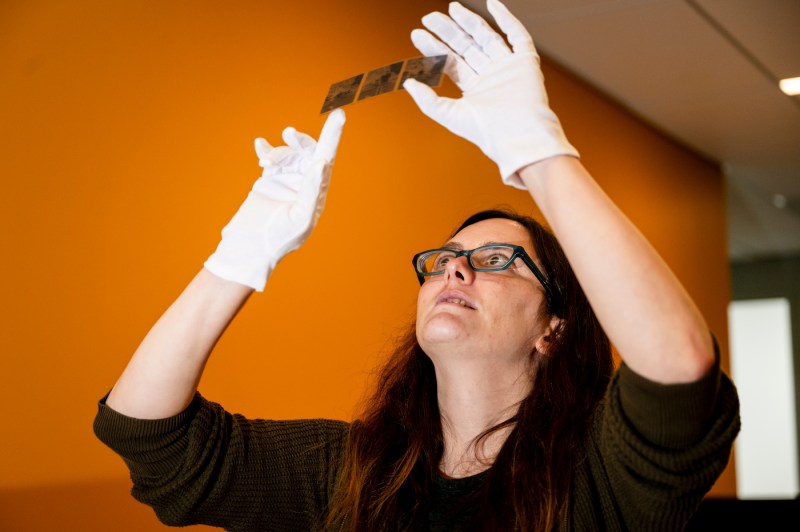
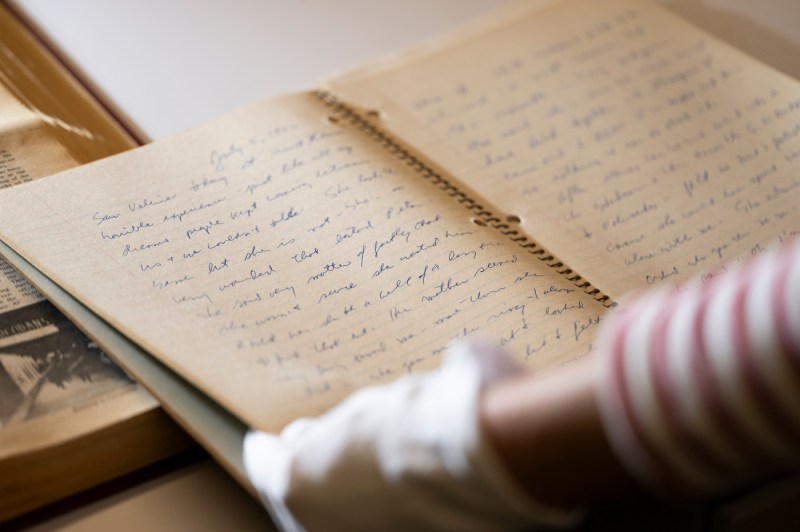
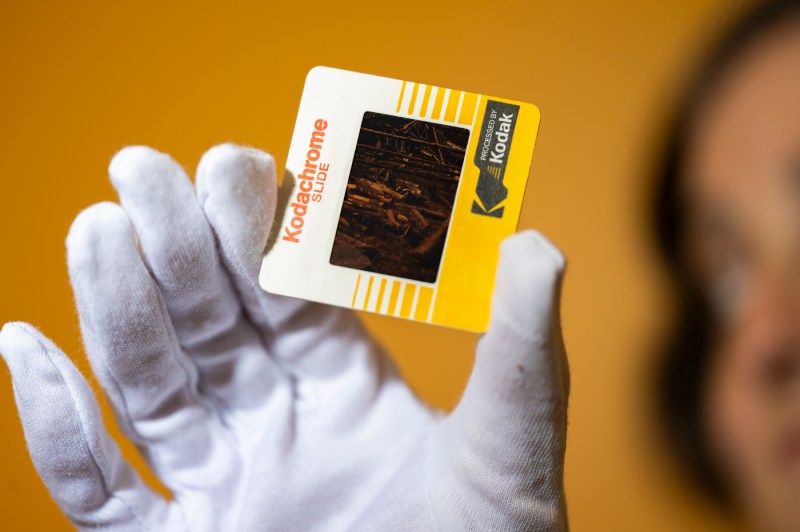
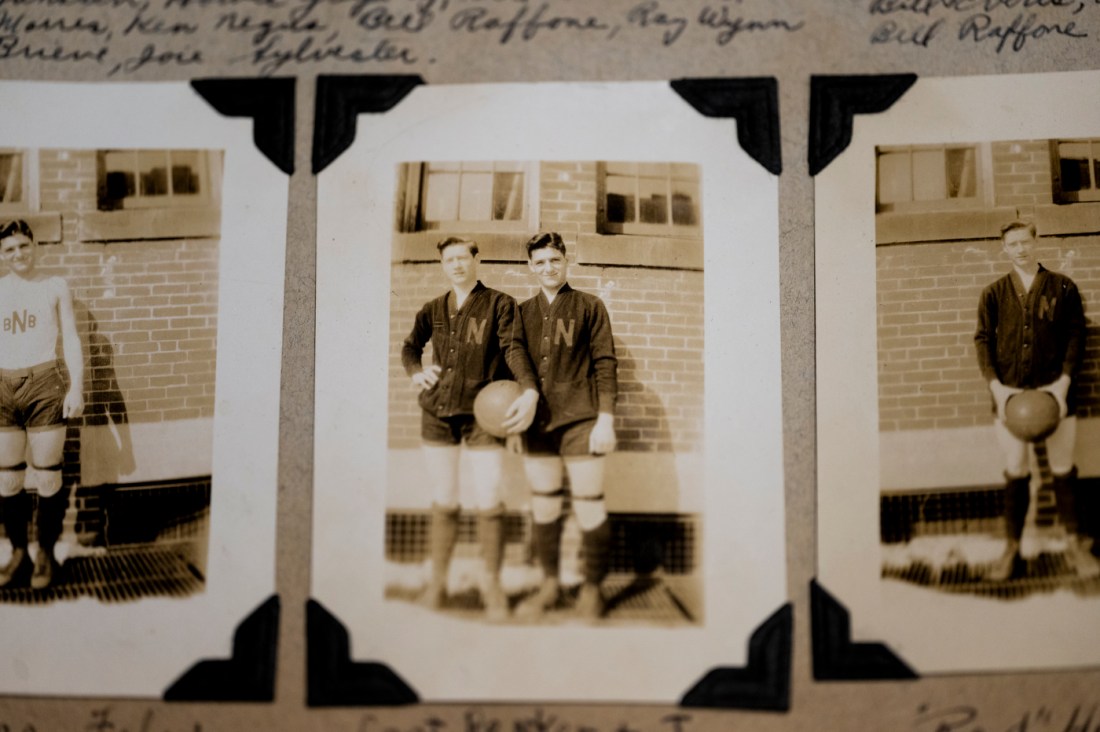
The materials aren’t just limited to papers. The processing team so far has unearthed a range of items that encapsulate the history of a person and organization, from a calendar from the 14th Annual Boston Lesbian and Gay Celebration in the papers of noted Boston LGBTQ+ activist and writer Nancy Walker to a shift journal with notes from a volunteer answering the hotline at the Cambridge Women’s Center in 2005.
There are also materials in the collections that document the university’s history, including a scrapbook from a student in the 1920s that paints a portrait of what it was like at Northeastern at that time via photos, ticket stubs and even a baseball hat from the school.
In addition to creating guidelines for sorting through records, Gates and the processing team have been blogging about the team’s finds on the Snell Library website, highlighting the most interesting ones.
“I just love hearing about (the student’s) comments about the collections they’re working on, especially when they connect to the material,” Gates said. “They end up being the experts on the collection.”





